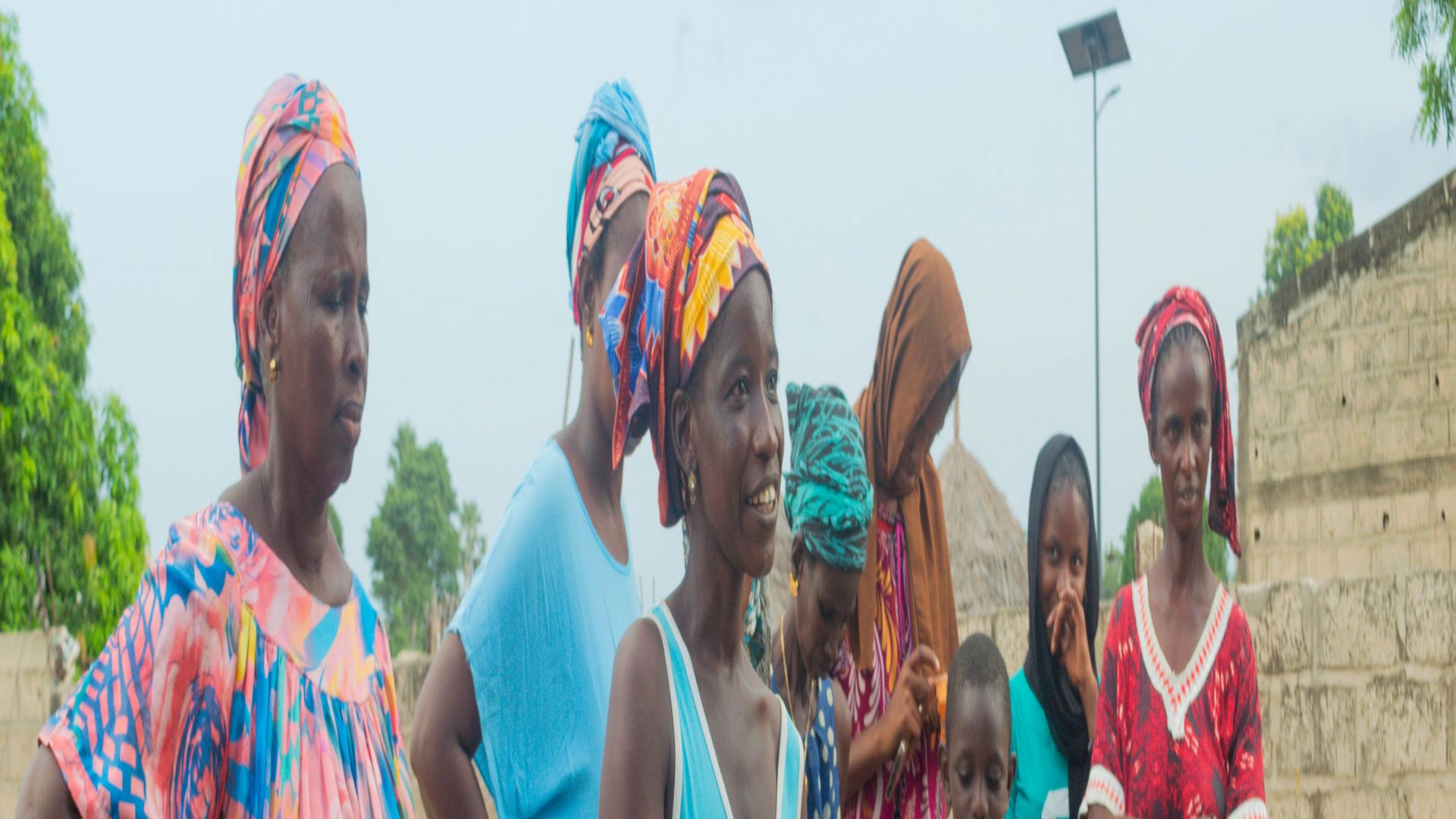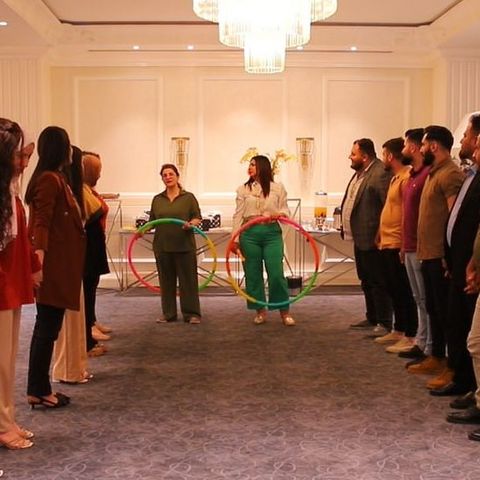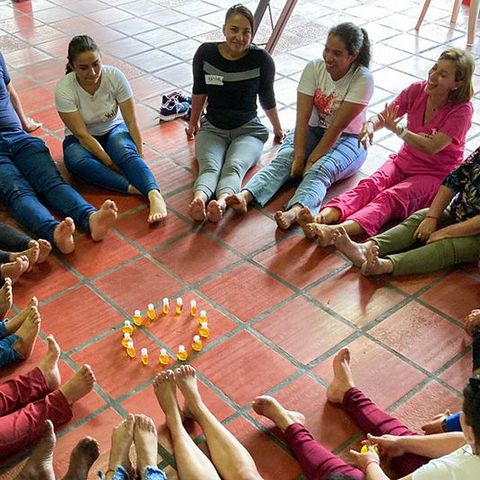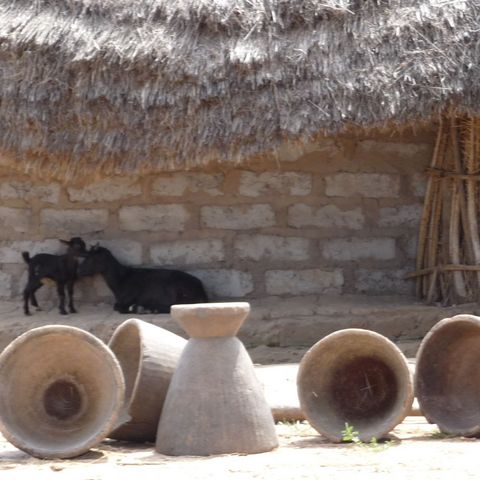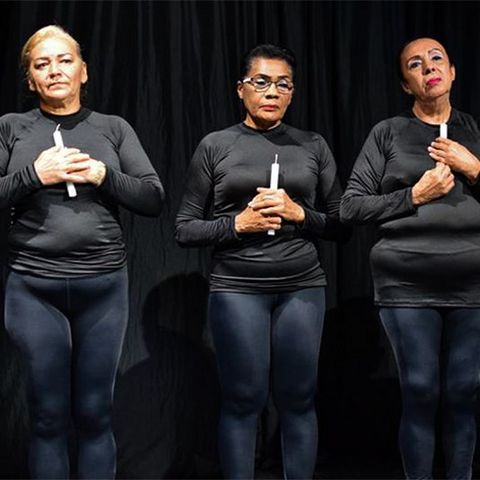Fair Access to Resources and Opportunities.
Governance, Peace and Social Cohesion
Gender and Inclusion
Gender equality and social inclusion are essential pillars of international development. They ensure fair access to resources and opportunities, drive economic growth, strengthen climate resilience, and foster more stable, cohesive societies. Inclusive policies support the UN Sustainable Development Goals and address structural inequalities such as unequal pay, limited access to education, healthcare, and land, and poverty.
Inclusion and equity are central to our work, both within our organisation and in the services we deliver.
We apply a rights-based, gender-sensitive approach that responds to the needs of diverse target groups, ensuring that no one is left behind (LNOB). Across all projects, we prioritise the well-being of individuals, including our employees and the communities we serve, with a focus on women, marginalised communities, and other vulnerable groups.
We provide technical assistance to governments and organisations at all levels to integrate gender equality and inclusion into national and local policies and programmes, particularly those addressing poverty reduction, climate change, peace, justice, social cohesion, and environmental degradation.
Our expertise ranges from gender analysis, policy advisory, gender-sensitive and transformative project design, support for participatory development and investment planning taking into account the principle of LNOB, gender mainstreaming, women’s empowerment, capacity building, and advocacy. We work with a broad network of qualified experts from all continents, drawing on in-depth socio-economic and political understanding and local knowledge.
Our gender mainstreaming and equality solutions lead to measurable, sustainable, accessible and culturally and socially appropriate results, strengthening inclusive development outcomes and enabling the full engagement and active participation of all stakeholders.
Our Impact
Mexico
Design and Implementation of State-of-the-Art Qualifications on Gender and Justice
Empowering judicial professionals in Mexico through innovative, AI-enhanced training on gender justice, using blended learning and mentorship to transform legal practices, strengthen public defence, and ensure lasting access to justice for women.
Bangladesh
Access to Justice for Women
Promoting gender equality by improving women's access to justice and addressing systemic barriers such as patriarchal norms and gender-blind policies through evidence based case management.
Colombia
Strengthening Gender Equity and Participation for the Promotion of Peace: PazDiversa
Training of government institutions and civil society organisations to implement gender-specific measures with an intersectional approach, in line with the Peace Agreement.
Burkina Faso
Decentralisation and Social Cohesion
Strengthening instruments of local democracy and strengthening equal and non-discriminatory access for all groups of people and populations to certain municipal services and infrastructures.
Senegal
Supporting Land Rights and Women's Access
17 communities, with a total of approximately 6,500 people, including over 5,000 women, were informed about land law and the reform process. Additionally, 20 women's groups were empowered to secure their land and update their administrative status.
